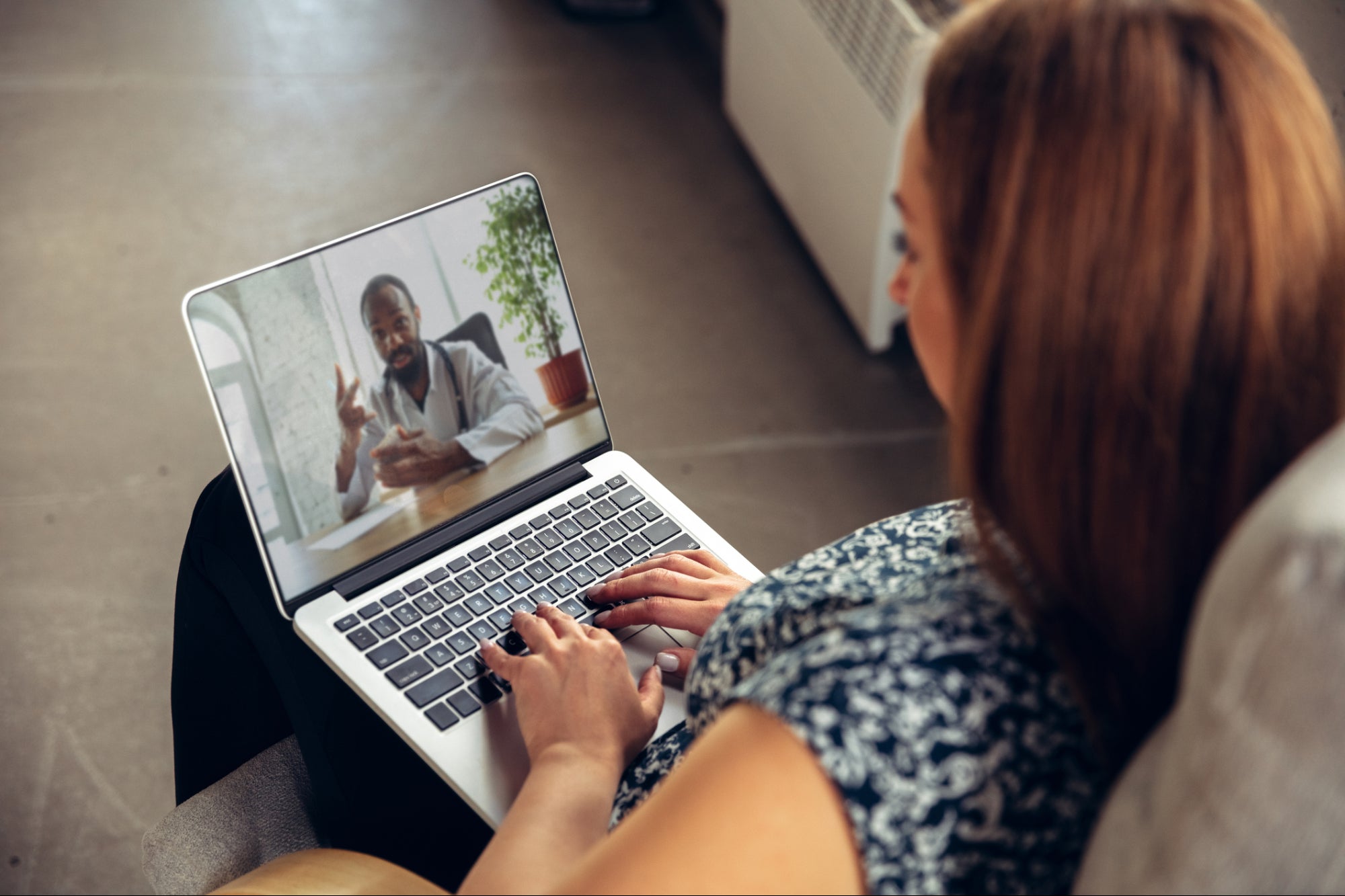Telemedicine is Laying the Roadmap for Healthcare's Future One New York doctor explains how it has "introduced a whole new level of convenience and respite."

Opinions expressed by Entrepreneur contributors are their own.

Growing up, I had witnessed my father, Dr. Franco Lenna, MD, attend to patients in his clinic. However, the past several months have changed the way healthcare works and proven that telemedicine holds a lot of promise. It has, in fact, become a necessity, since it reduces vulnerability while allowing doctors and nurses to handle more patients. At the same time, it provides increased efficiency and accessibility to those in need. It not only eliminates travel, but also provides clinical support seamlessly, improves patient outcomes and overcomes geographic hurdles.
So, whether we are prepared or not, telemedicine is on its journey into the fold, slowly increasing in acceptance and set to transform the future of healthcare as we know it. Per McKinsey & Company, providers across the U.S. "are seeing 50 to 175 times the number of patients via telehealth than they did before."
To explore this topic in-depth, I spoke with Dr. Ari Bernstein, MD, a New York-based physician and author who is operating at the leading edge of telemedicine. "We must realize that telemedicine is at its pinnacle in present times, expanding and growing far beyond usual interactions between patients and physicians," he explains. "For me, technology is multiplying the relevance and value of telehealth by meeting the aim to improve people's health, reduce costs, enhance the patient experience and increase provider satisfaction while ensuring everyone's safety."
Related: Will User Behavior Finally Change Regarding Telemedicine?
Greater monitoring, larger access
Dr. Bernstein shares that "the use of telemedicine to screen a patient's health remotely has introduced a whole new level of convenience and respite for both health providers and patients. It is serving to substitute in-person visits to a medical professional by facilitating virtual doctor meetings."
It has also made additional monitoring and care possible that was otherwise unavailable. For instance, patients living in far-flung areas can virtually consult with experts who can monitor and evaluate their condition and make sure they receive the right treatment at the right time. Though Dr. Bernstein cautions that "this hasn't entirely eliminated visits to the doctor, but instead, the process of physical appointments and telehealth are functioning in tandem with each other."
With telemedicine, physicians are able to provide consultation, healthcare information and services to patients or clients at multiple locations. Defeating geographic barriers is particularly crucial in remote zones where people may have to travel hundreds of miles to see a special care provider, even when they are ill.
"Telemedicine is proving to be convenient for constantly monitoring chronic ailments like diabetes, hypertension or COVID-19," says Dr. Bernstein.
Relative affordability
Telemedicine is already playing a huge role in containing costs. In the past, providers struggled with compensation for telehealth services, but more and more health insurers are reimbursing the fees for these consultations. Consequently, patients are starting to view it as a viable system.
Related: The Future of Telemedicine Devices Is Cloud & IoMT-Driven
Improved patient satisfaction
"With the move towards consumerization and value-based care, it has now, more than ever, become vital to cater to the patients' needs," Dr. Bernstein implores. "Telemedicine, through its offerings ranging from lower cost, efficient monitoring and reduced wait times, is appealing to patients."
And even though I grew up watching my father run a more traditional in-person practice, I strongly second Dr. Bernstein's outlook. Telemedicine is a win-win for all and should continue gaining ground and revolutionizing all facets of the health space.












